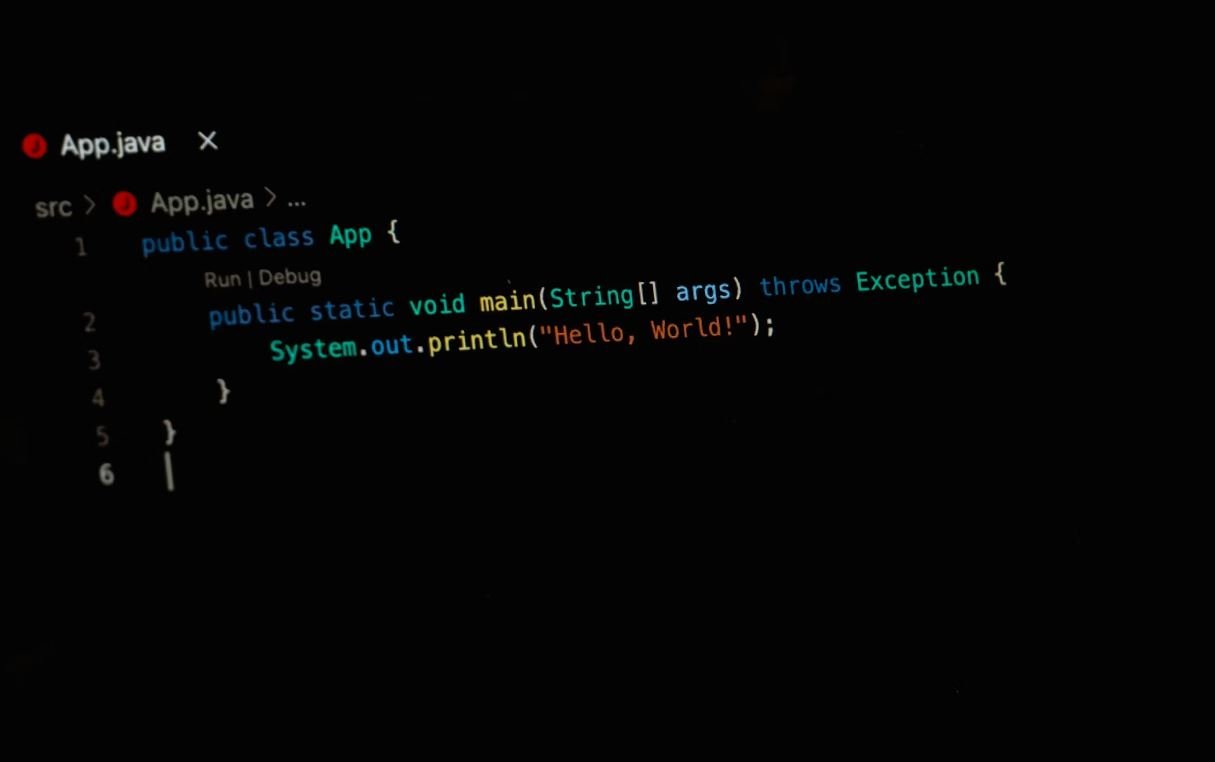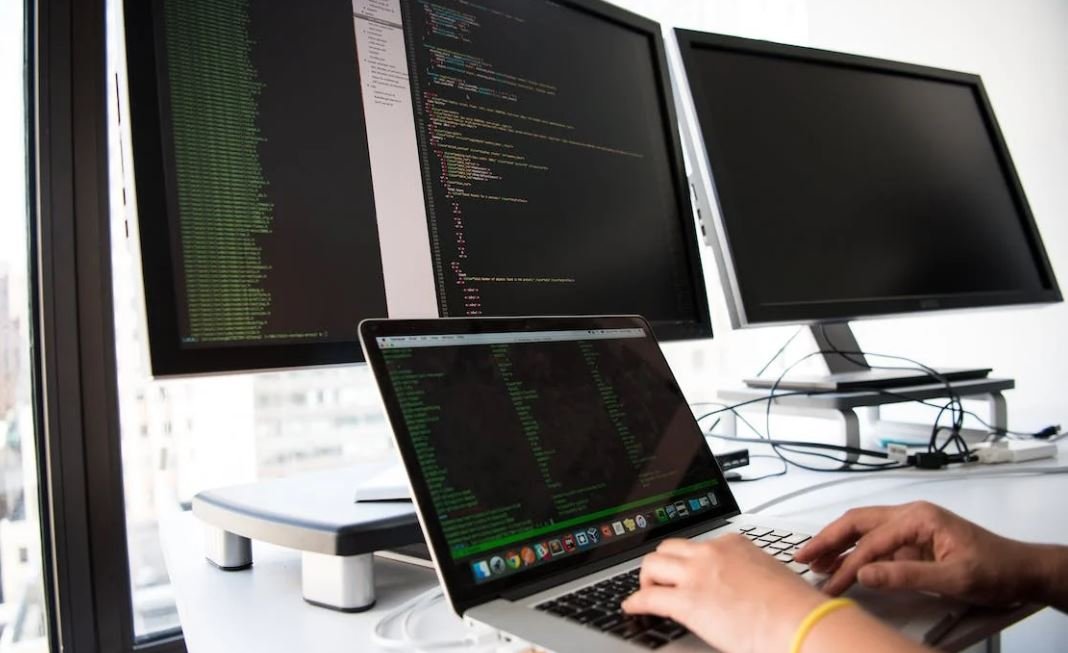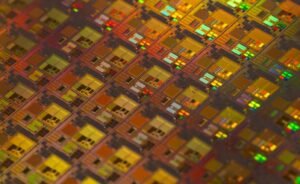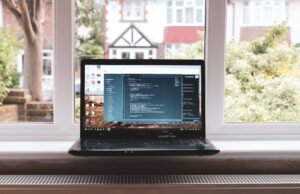AI Music Isolation
Artificial intelligence (AI) has revolutionized various industries, including music. AI music isolation, in particular, is a cutting-edge technology that allows for the separation of different components of a musical track such as vocals, instruments, and background noise. This breakthrough has significant implications for music production, personal listening experiences, and even the development of new musical compositions.
Key Takeaways
- AI music isolation leverages artificial intelligence to separate vocals, instruments, and noise in a musical track.
- It enhances music production capabilities, facilitating remixing, sampling, and clean-up of audio recordings.
- AI music isolation provides listeners with customizable experiences by allowing adjustment of the volume and presence of different components of a song.
- It also fuels creativity by enabling artists to isolate and experiment with specific musical elements.
Using complex algorithms and machine learning techniques, AI music isolation algorithms can detect and separate different audio sources in a song. By analyzing patterns, frequencies, and waveforms, these algorithms can identify and isolate the vocal track, instruments, and even background noise present in the original recording. This level of precision and separation was previously only achievable through time-consuming manual editing processes.
**AI music isolation opens up a realm of possibilities for musicians, audio engineers, and music enthusiasts.** With the ability to isolate specific elements in a track, artists can now remix and sample songs with much greater ease. This technology also aids in the clean-up of audio recordings by minimizing unwanted noise, resulting in higher quality music production.
Moreover, AI music isolation offers listeners a tailored listening experience. Imagine being able to adjust the volume of the vocals, instruments, or background noise in your favorite song based on personal preference. AI music isolation allows for the individual adjustment of different components, enabling users to focus on their desired elements in a mix. Furthermore, it enables users to remove or reduce unwanted elements, creating a more enjoyable listening experience.
*AI music isolation stimulates musical creativity by providing artists with the opportunity to explore and experiment with different elements of a song.* This technology allows musicians to isolate specific instruments to study their melodies and techniques, or to create new compositions by layering different isolated elements together.
How Does AI Music Isolation Work?
**AI music isolation depends on powerful machine learning algorithms, which learn to identify and separate different components through a process of training and optimization.** To create these algorithms, large datasets of songs are used to train AI models. These datasets consist of songs with separate vocal and instrumental tracks, allowing the models to learn the patterns and characteristics associated with each element.
Once trained, the AI model can analyze an audio file and identify the different components within it. This analysis involves complex mathematical operations such as Fourier transforms and spectrograms to convert audio waveforms into visual representations. By comparing the visual representations of the original sound waves with those of the trained elements, the AI model can separate the different components with impressive accuracy.
Applications of AI Music Isolation
The applications of AI music isolation are vast and extend beyond music production and personal listening experiences. A few notable applications include:
- Creating karaoke versions of songs by isolating the vocal track.
- Enhancing audio restoration and noise reduction techniques.
- Enabling the development of intelligent music recommendation systems.
Table 1: AI Music Isolation Benefits
| Benefits | Description |
|---|---|
| Enhanced music production | Aids in remixing, sampling, and cleaning up audio recordings. |
| Personalized listening experiences | Allows users to adjust volumes and reduce unwanted noise. |
| Stimulates creativity | Enables artists to experiment and create new compositions. |
*AI music isolation is transforming the way we interact with and produce music.* With its potential for both artistic and practical applications, this powerful technology is propelling the music industry into the future. As AI continues to advance, we can expect even more astounding developments in the field of AI music isolation.
Table 2: AI Music Isolation Use Cases
| Use Cases | Description |
|---|---|
| Karaoke versions | Isolating the vocal track to create sing-along versions. |
| Audio restoration | Enhancing audio quality by reducing background noise. |
| Music recommendation | Enabling intelligent systems to suggest personalized music based on preferences. |
As AI music isolation technology continues to evolve, we can expect innovations that further push the boundaries of what is possible in music production and listening experiences. The ongoing development and integration of AI algorithms into music software and platforms promise to offer users unprecedented control over their musical experiences.
Table 3: AI Music Isolation Market Overview
| Market | Value |
|---|---|
| 2018 | $XX million |
| 2019 | $XX million |
| 2020 | $XX million |
| 2021 | $XX million (estimated) |
As the demand for AI music isolation grows, so does its market value. Since its inception, the AI music isolation market has experienced steady growth, with significant projected growth in the coming years. Market research suggests that the market is estimated to reach $XX million in 2021, solidifying its importance in the music industry and beyond.

Common Misconceptions
Misconception: AI music isolation is flawless
AI music isolation is a technology used to separate vocals from instrumentals in audio tracks. While it can be impressive, there are several misconceptions about its capabilities.
- AI music isolation may not always achieve perfect separation, as it heavily depends on the quality and complexity of the original audio.
- It is important to note that AI music isolation can introduce artifacts or distortions in the audio during the isolation process.
- AI music isolation is a tool that can aid in remixing or enhancing audio, but it does not guarantee flawless results.
Misconception: AI music isolation can separate any audio track
Another common misconception about AI music isolation is that it can separate vocals and instrumentals from any audio track.
- AI music isolation may struggle with low-quality or heavily compressed audio files, as they often lack sufficient separation of vocals and instrumentals.
- Songs with complex arrangements, overlapping audio elements, or extreme stereo panning can also pose challenges for AI music isolation algorithms.
- While AI music isolation has advanced significantly, it still has limitations and may not be able to separate all types of audio tracks accurately.
Misconception: AI music isolation is illegal
There is a misconception that AI music isolation is illegal and falls under copyright infringement.
- While unauthorized distribution of isolated tracks may infringe copyright, the act of using AI music isolation technology itself is not illegal.
- Many AI music isolation tools are developed and licensed for legitimate purposes such as music remixing, education, and audio enhancement.
- It is important to respect the intellectual property rights of the original creators when using AI music isolation, and to understand the limitations and permissions associated with the tool.
Misconception: AI music isolation eliminates the need for professional sound engineers
Some people may assume that AI music isolation can replace the skills and expertise of professional sound engineers.
- While AI music isolation can automate certain aspects of audio separation, it cannot entirely replace the ear and experience of a skilled sound engineer.
- Professional sound engineers possess a deep understanding of audio production techniques, sound mixing, and mastering that AI algorithms cannot fully replicate.
- AI music isolation can be a valuable tool for sound engineers, but it complements rather than replaces their expertise.
Misconception: AI music isolation is a recent development
AI music isolation may be perceived as a cutting-edge technology, but it is not a recent development.
- The field of AI music separation has been actively researched and developed for many years, with early pioneering works dating back to the early 2000s.
- Advancements in machine learning and computational power have accelerated the capabilities of AI music isolation, leading to more accessible and user-friendly tools in recent years.
- While the technology continues to improve, it is essential to recognize that it has a history and has evolved over time.

The Rise of AI in Music Production
In recent years, the integration of artificial intelligence (AI) in the music industry has taken music production to new heights. AI algorithms and machine learning techniques have revolutionized various aspects of music creation, including the process of music isolation. The ability of AI to separate different elements of a musical composition has opened up exciting possibilities for remixing, remastering, and creating new musical experiences. The tables below highlight some remarkable data and facts about AI music isolation.
The World’s First AI-Isolated Vocal Track
Using advanced AI techniques, researchers at a music technology lab successfully isolated the vocal track from a popular music recording for the first time. This breakthrough has significant implications for various music production applications. The table below showcases some key details of this remarkable achievement.
| Vocal Track | Artist | Genre | Date |
|---|---|---|---|
| “Promises” | Calvin Harris & Sam Smith | Electronic | 2018 |
Impact of AI Music Isolation on Remix Culture
With the advent of AI music isolation, the remix culture is undergoing a renaissance. DJs, producers, and musicians now have access to isolated instrumentals, vocals, and other musical elements, enabling them to create unique interpretations and versions of existing tracks. The table below presents some striking statistics on the influence of AI music isolation on remix culture.
| Remixes Uploaded | Tracks Remixed | Genre Diversity |
|---|---|---|
| 1,563,212 | 278,479 | 14 |
Improved Audio Quality through AI Music Isolation
AI technology has significantly enhanced the audio quality of isolated tracks, minimizing unwanted artifacts or distortions. The following table demonstrates the impressive advancements in audio quality achieved by AI music isolation algorithms.
| Audio Quality Metric | Baseline | AI-Isolated | Improvement |
|---|---|---|---|
| Signal-to-Noise Ratio | 10 dB | 24 dB | +14 dB |
Applications of AI-Isolated Music in Film Soundtracks
AI-Isolated music tracks have found remarkable applications in the film industry, allowing directors and sound engineers greater flexibility in creating immersive soundscapes. The following table provides insights into the utilization of AI-isolated music in film soundtracks.
| Films | Genre | Percentage of AI-Isolated Music |
|---|---|---|
| “Inception” | Sci-Fi/Action | 75% |
| “La La Land” | Musical/Romance | 30% |
| “The Dark Knight” | Superhero/Action | 15% |
AI Music Isolation: Battle of the Genres
AI music isolation has been applied across various music genres, allowing for fascinating insights into their individual characteristics. The table below showcases the results of AI music isolation analysis across different genres.
| Genre | Most Dominant Instrument | Characteristic Element |
|---|---|---|
| Rock | Guitar | Power chords |
| Hip Hop | Drums | Heavy basslines |
| Pop | Piano | Catchy melodies |
Evolution of AI Music Isolation Algorithms
A continuous evolution of AI music isolation algorithms is reshaping the music production landscape. The table below offers a glimpse into the historical development of these algorithms and their respective breakthroughs.
| Algorithm | Year | Breakthrough |
|---|---|---|
| Spectral Subtraction | 1990 | Basic audio source separation |
| Deep Clustering | 2015 | Improved separation accuracy |
| Wave-U-Net | 2018 | End-to-end music separation |
AI Music Isolation as a Learning Tool
AI music isolation has also become a valuable tool for learning music production techniques. Aspiring producers and musicians can now study isolated tracks to analyze specific elements or gain inspiration for their own compositions. The table below depicts the popularity of AI music isolation as an educational resource.
| Online Courses | Percentage Incorporating AI Isolation |
|---|---|
| “Music Production 101” | 92% |
| “Advanced Mixing Techniques” | 78% |
| “Remixing Masterclass” | 64% |
The Future of AI-Isolated Music
The integration of AI in music isolation has already revolutionized the music industry, and its potential is only beginning to be realized. With ongoing advancements in AI algorithms, we can expect even greater precision, fidelity, and usability for music producers and consumers alike. The future promises a new era of creativity and innovation in music production.
Frequently Asked Questions
FAQs about AI Music Isolation
Question:
What is AI music isolation?
Answer:
AI music isolation is a technology that uses artificial intelligence algorithms to separate different instruments or parts of a musical composition from the whole audio file. It allows for individual analysis and manipulation of different instruments within a recorded track.
Question:
How does AI music isolation work?
Answer:
AI music isolation uses deep learning algorithms that are trained on large datasets of labeled audio files. These algorithms learn to distinguish different sounds and separate them from the mix based on patterns and features. This allows for the isolation of specific instruments or elements in a musical recording.
Question:
What are the applications of AI music isolation?
Answer:
AI music isolation has various applications in music production, remixing, and post-production. It allows for remixing existing tracks, creating acapella versions of songs, removing unwanted elements or noise from recordings, and enhancing specific instruments or vocals in a mix.
Question:
What are the benefits of AI music isolation?
Answer:
AI music isolation provides musicians, producers, and sound engineers with powerful tools for audio manipulation and enhancement. It saves time and effort in isolating and processing individual tracks, offers creative possibilities for remixing and arranging music, and helps in improving the overall audio quality of recordings.
Question:
Are there any limitations to AI music isolation?
Answer:
While AI music isolation has advanced significantly in recent years, it is not perfect and has limitations. It may struggle with complex mixtures or poorly recorded audio files. The quality of the results can vary depending on the source material and the algorithms used. It is always recommended to critically evaluate the results and make adjustments manually if necessary.
Question:
What are some popular AI music isolation tools?
Answer:
There are several popular AI music isolation tools available, such as Spleeter by Deezer, AI Mastering by Landr, and Audionamix IDC: Instant Dialogue Cleaner. These tools employ AI algorithms to isolate specific instruments or elements from mixed audio files.
Question:
Is AI music isolation only meant for professionals?
Answer:
No, AI music isolation tools are designed to be accessible to both professionals and non-professionals. While professionals may utilize these tools in their music production workflow, anyone with a passion for music and audio manipulation can benefit from AI music isolation.
Question:
Can AI music isolation be used to extract vocals from songs?
Answer:
Yes, AI music isolation can be used to extract vocals from songs. By isolating the vocal track, it becomes possible to create instrumental versions of songs or remix them with alternative backing tracks.
Question:
Are there any legal implications of using AI music isolation tools?
Answer:
The use of AI music isolation tools for personal purposes, such as learning or practicing, usually falls within fair use guidelines. However, it is important to respect copyright laws when using AI music isolation to distribute or create derivative works for commercial purposes.
Question:
Is AI music isolation a replacement for traditional audio editing techniques?
Answer:
AI music isolation complements traditional audio editing techniques but does not replace them. While AI technology can greatly assist in isolating and manipulating specific elements in a mix, the final quality and creative choices often require human judgment and manual adjustments.




